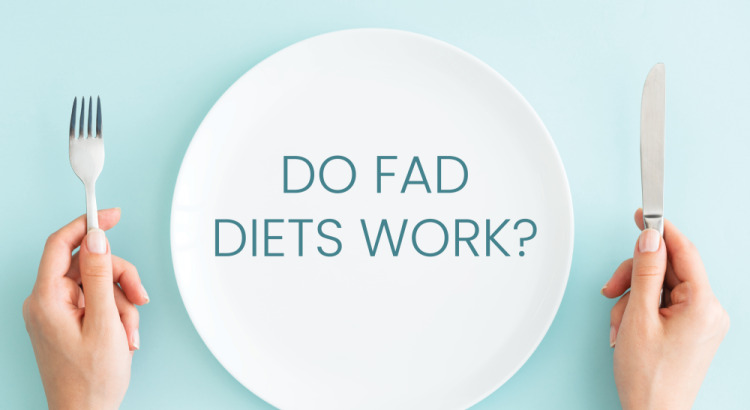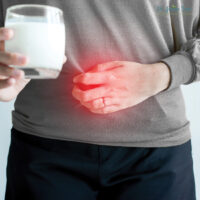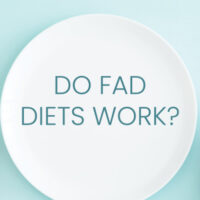Keto, gluten-free and paleo: you’ve probably heard of these diets before; perhaps you’ve even tried one yourself. You wouldn’t be the only one – over the past few years, we’ve seen these fad diets increase in popularity, as many seek them out to lose weight and live a healthier lifestyle. Recently, I’ve had a few patients ask whether these diets can help with eczema flare ups. While there is no elimination diet that can “cure” eczema, there are certain foods that can improve or worsen your eczema symptoms.
Before we dive into these diets, let’s look at the main cause for eczema. This chronic inflammatory skin condition is oftentimes based on genetic predisposition and various environmental factors, including your diet. It can be painful, causing major skin irritations such as rashes and itchiness. So can these different diets impact your eczema symptoms? Here’s a breakdown of the most popular fad diets and how they influence your skin:
1. Keto.
Let’s start with keto, which is a low-carb, high-protein diet. Studies show that keto can somewhat be effective in limiting eczema symptoms, as it eliminates foods such as wheat, added sugar, and most dairy products. However, the diet allows for foods such as eggs and tomatoes, which can cause eczema flare ups. Plus, a keto diet can also produce other skin rashes, as eliminating certain necessary foods from your diet can cause deficiencies that impact your skin health.
2. Paleo.
For those who aren’t familiar, the paleo diet sticks to foods that could all be collected by hunters and gathers: lean meats, fish, fruits, vegetables, nuts, etc. This diet can be a great initial approach to decreasing your eczema symptoms because it helps clean up your gut. However, there are many other factors that go into eczema flare ups, so if you aren’t seeing success with this diet, there could be another cause for the symptoms.
3. Gluten-Free.
A gluten-free diet is required for those who have celiac disease, as digesting gluten can cause major intestinal damage for those living with this disease. This means avoiding foods that contain rye, wheat and barley is essential. Yet how does this diet impact patients with eczema? The results are 50-50. For some, sticking to a gluten-free diet significantly reduces their eczema flare ups, yet for others, it doesn’t do anything. The reason for this is that eczema can be correlated with allergic reactions to certain environmental factors, ones that are unique to the individual patient. So it is impossible to predict if a gluten-free diet will impact your eczema symptoms.
A Naturopathic Approach to Treating Eczema
It’s true that these diets might be beneficial in lowering your eczema symptoms. However, a good naturopathic doctor will tell you that eczema is not a “one size fits all” approach. Every patient is unique, which means their treatment needs to be just as unique as they are.
As a naturopathic doctor, I personally spend time understanding the history of each patient I see to gauge their eating habits. I take a holistic approach, looking into what they eat, the intervals between their meals, and other environmental factors that can cause eczema. Once I know all the details and identify the allergies causing your flare ups, we’ll initiate naturopathic treatments that are unique to your body so you can start living a healthier, pain-free life.
Say goodbye to itchiness and other eczema symptoms now. Click here to schedule a consultation with me so we can create a wellness game plan, together.






